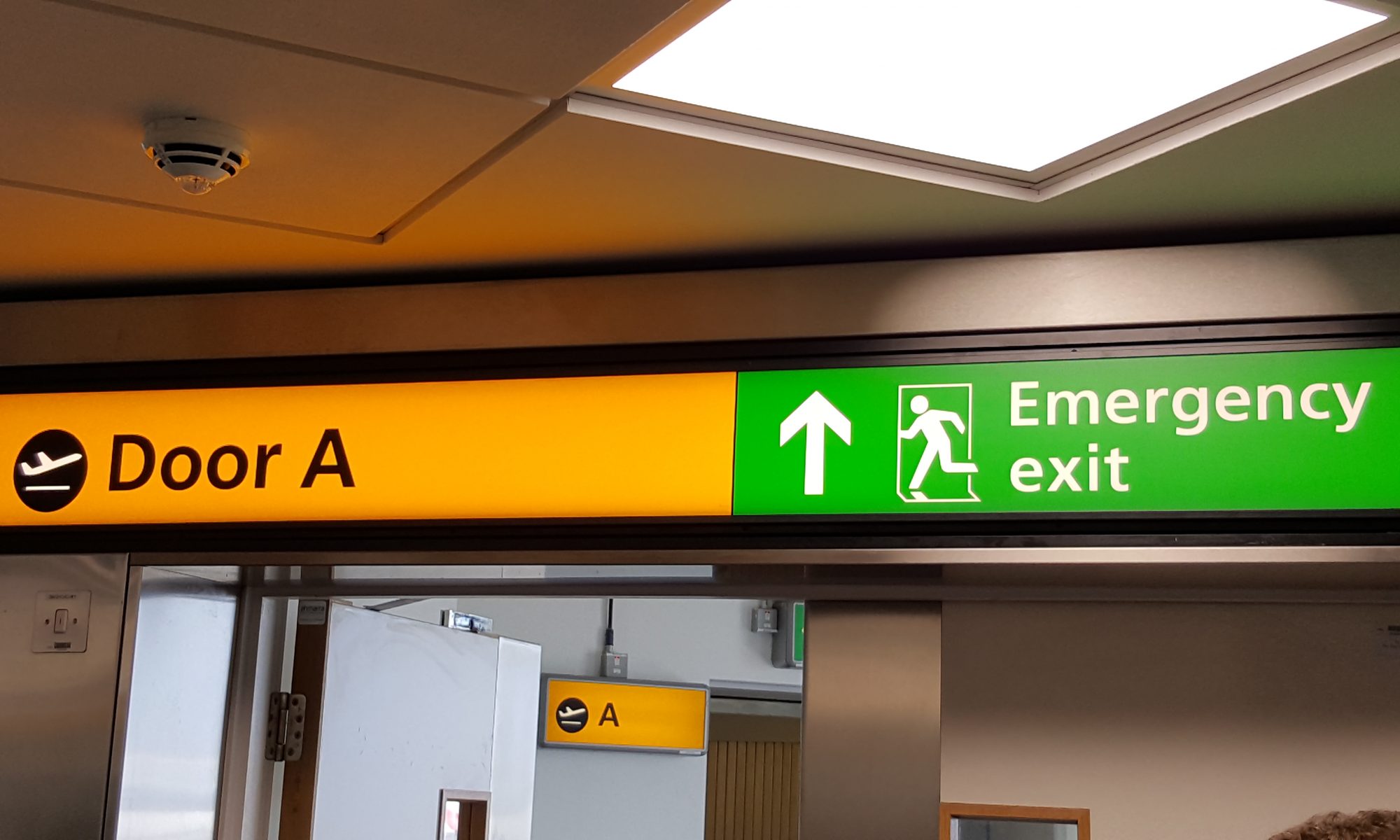Article (§) 58c StbG 1985 is a amended provision in the Austrian Citizenship Act 1985 that was announced in September 2019, and which will enter into force in September 2020.
Under the amended Article 58c:
- Citizens of the successor state of the former Austro-Hungarian monarchy or those who were stateless but with their main residence in federal territory prior to 15 May 1955 who were forced to flee as a result of persecution by, or fear of persecution by bodies of the NSDAP (formal name of the Nazi party) or by authorities of the Third Reich, or who were persecuted or feared persecution by virtue of their support for the Democratic Republic of Austria are able to acquire Austrian citizenship by submission of a written notification. (para. 1)
- The descendants of such persons may make such an application by submission of a written notification, supported by appropriate documentation and certificates (e.g. birth certificates) that demonstrate that they are direct descendants of someone who is or was eligible to retake Austrian citizenship. (para. 1a)
- The provision for descendants (Nachkommen) is extended to adopted children, subject to their having been adopted prior to reaching the age of majority. (para. 1b)
- There are no charges for the notification, the decision or submission of documents in relation to this procedure (e.g. certificates, documents relating to personal status (e.g. birth, nationality, marriage and death certificates and translations thereof) (para. 4)
- The authorities may request that the Nationalfonds der Republik Österreich (in English) (English: National Fund of the Republic of Austria for Victims of National Socialism) assists in an expert capacity in the assessment of the validity of such an application. Under such circumstances the National Fund is authorised to submit personal information including sensitive information to both the applicant and the authority (para. 5)
